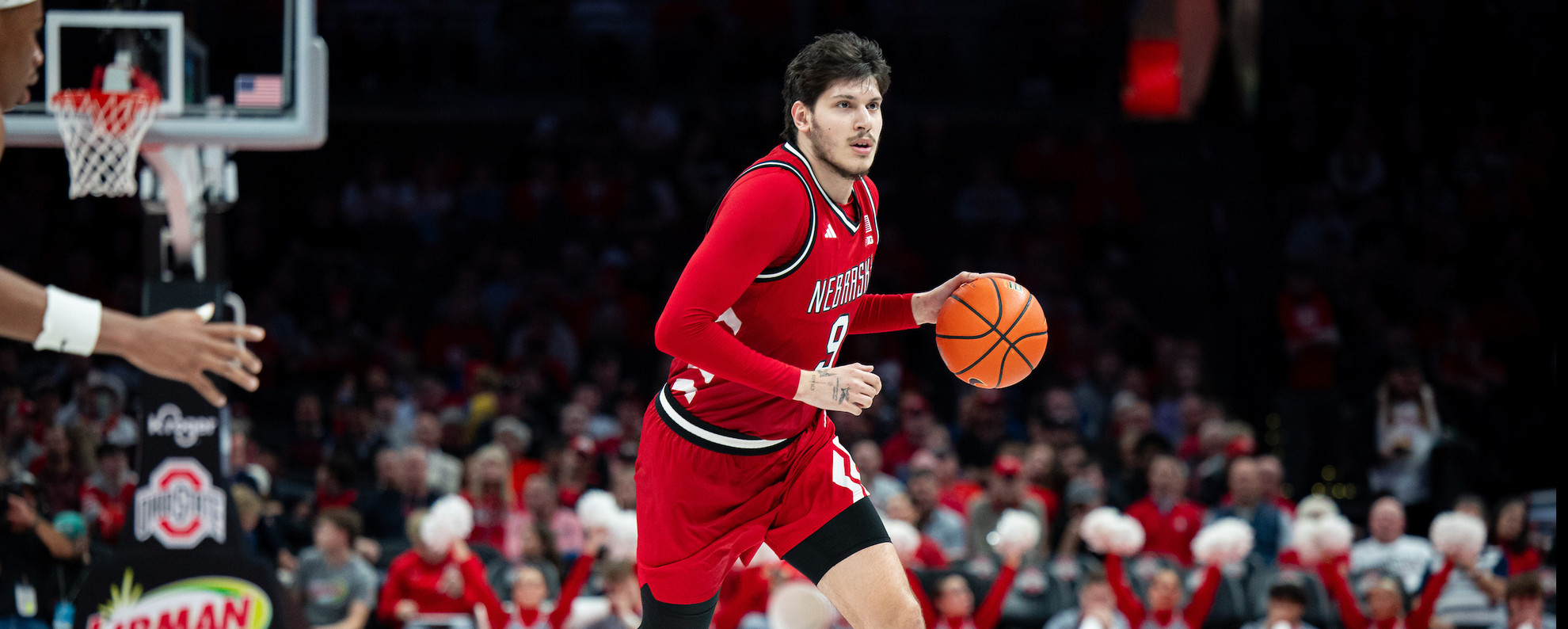There are few road cars with a richer motorsport history than Honda’s legendary Civic Type R. Once an innocent grocery-getter, the hot hatch is now known for its incredible driving dynamics.
With each iteration, Honda has somehow only…

There are few road cars with a richer motorsport history than Honda’s legendary Civic Type R. Once an innocent grocery-getter, the hot hatch is now known for its incredible driving dynamics.
With each iteration, Honda has somehow only…

Prime Minister Shehbaz Sharif has established a high-level…

No. 8 Huskers Look for 17th Win Tuesday against Oregon
The No. 8/10 (AP/Coaches) Nebraska men’s basketball team returns home Tuesday night, as the Huskers welcome Oregon to Lincoln. Tipoff between the Huskers and Ducks from a sold-out Pinnacle…

A.6 Earth Venture Suborbital-4 Landslide Change Characterization Experiment (LACCE) Science Team (ST) solicits proposals to build the full LACCE Science Team, including team members that will provide airborne and ground-based measurements,…

RISD Fine Arts proudly announces the selection of 20 RISD students to All-State band, choir or orchestra. These students were selected through a rigorous statewide audition process and will participate in the Texas Music Educators…

All products and services featured are independently chosen by editors. However, Billboard may receive a commission on orders placed through its retail links, and the retailer may receive certain auditable data for accounting purposes.
The…